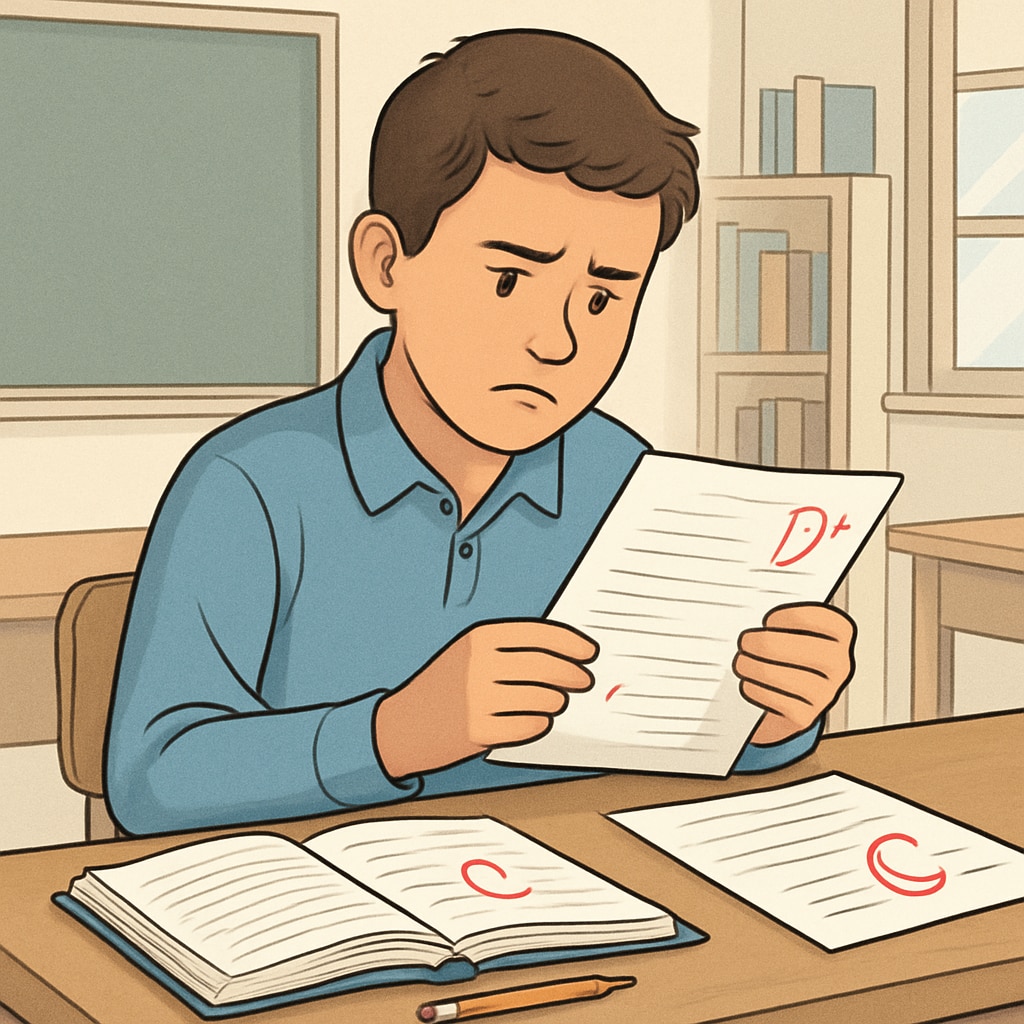For many high school students, Advanced Placement (AP) courses represent an opportunity to challenge themselves and earn college credit. However, when a student in an AP Physics C course encountered a combination of teacher error and unfair grading, their academic aspirations were placed in jeopardy. This article delves into the student’s struggle to address the issue, highlighting the systemic gaps in accountability and the need for a balanced approach to protect both teacher authority and student rights.
When Teacher Mistakes Impact Student Outcomes
AP Physics C, a college-level course focusing on mechanics and electricity & magnetism, demands precision and clarity. Unfortunately, in this case, the student’s teacher made a professional error during the grading of a critical assignment. The incident involved a misinterpretation of the scoring rubric and the application of inconsistent grading standards across the class.
When the student noticed discrepancies in their scores, they initially approached the teacher to discuss the issue. However, their concerns were dismissed, with the teacher asserting that the grades were final. This lack of resolution forced the student to file a formal grade appeal with the school administration. The outcome of this appeal would not only affect their grade but also their GPA, college applications, and potential scholarships.

The Long and Complicated Appeal Process
Filing a grade appeal is a multi-step process that often involves significant time and emotional energy. The student in this case had to follow their school district’s formal procedures, which included:
- Submitting a written statement detailing the perceived grading error and its impact.
- Providing evidence, such as graded assignments, to support their claims.
- Engaging in multiple meetings with teachers, counselors, and school administrators.
Despite following the outlined steps, the student’s appeal was rejected twice. The administration cited the importance of respecting teacher autonomy in grading decisions, even when inconsistencies were evident. The student’s frustration grew as they realized the system seemed to prioritize shielding educators over ensuring fairness for students.

Striking a Balance Between Teacher Authority and Student Rights
This case underscores a critical question: how can schools maintain respect for teacher authority while ensuring students have recourse in cases of genuine unfairness? The student’s experience reveals a lack of clear accountability mechanisms within the K-12 education system. While teachers deserve professional autonomy, there must also be safeguards to address errors that impact student outcomes.
Possible solutions could include:
- Introducing independent review panels for disputed grades, composed of impartial educators.
- Providing professional development for teachers on grading consistency and fairness.
- Establishing clear guidelines for handling grade appeals efficiently and transparently.
These measures could help ensure that both teachers and students feel supported, fostering a fairer academic environment.
Lessons for Students and Educators
The student’s journey highlights the importance of self-advocacy and perseverance in the face of systemic challenges. It also serves as a reminder to educators and administrators to prioritize fairness and accountability. By addressing these gaps, schools can create an environment where both teaching and learning thrive.
For students facing similar situations, the following tips may help:
- Document all communications and keep copies of relevant assignments and grades.
- Seek advice from trusted adults, such as counselors or mentors, for guidance.
- Prepare a clear and respectful case when presenting your concerns to school officials.
In conclusion, the balance between teacher authority and student rights is delicate but essential. By addressing systemic gaps and fostering open communication, schools can ensure that every student has a fair chance to succeed.
Readability guidance: This article uses concise paragraphs, clear subheadings, and lists to improve readability. Transition words and examples are included to guide readers through the narrative, ensuring the content is both engaging and informative.


